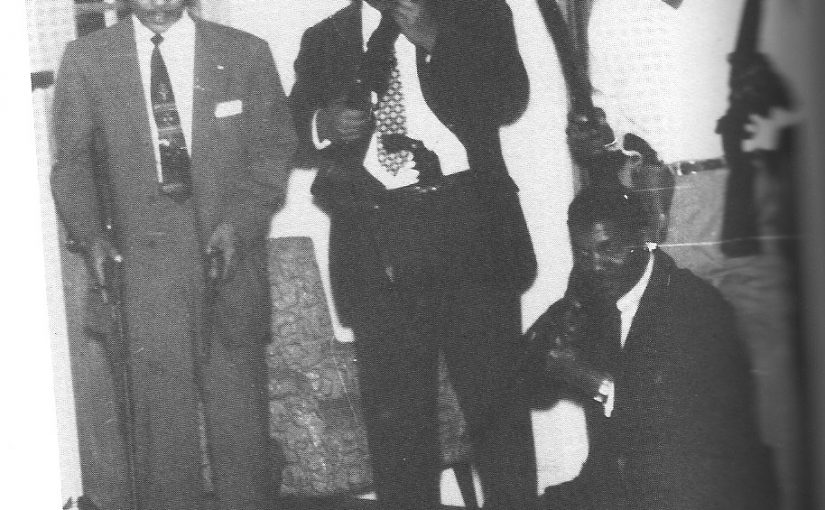Gun Law Loopholes
By Jeff Knox
(August 14, 2015) Gun control advocates are fond of the word “loophole,” and if you ask them, they will tell you that U.S. gun laws are full of them. What they mean by a “loophole” appears to be anything in a law that doesn’t completely prohibit access to, or possession of firearms, including intentionally included limits on a law’s reach. When the Brady Background Check law was passed in the early ‘90s, it was specifically intended to apply only to the transactions of federally licensed dealers, not private individuals. It didn’t take long for the Brady Bunch and their friends to start declaring the limits on the law to be a “loophole” because it didn’t apply to firearms transfers between private parties.
When the “Assault Weapon Ban” was passed in 1994, it forbade sale and import of firearms with certain specific features. Gun makers almost immediately shifted their designs to exclude those restricted features, and again, the hoplophobes, with their irrational fear of firearms, declared these modifications to be a “loophole” in the law.
One of the contentious issues in the negotiations for the Brady Law was the question of delays. The NRA, which participated in the framing of the Brady Law – against the wishes of more hardline rights organizations like The Firearms Coalition – advanced the idea of an “instant check” that could be accomplished in a few minutes, or even a few days, but they insisted that the process had to have a set limit on the time that a buyer could be left hanging – otherwise, all lawful purchases could feasibly be blocked simply by instituting a perpetual “Delay” condition on everyone. The final compromise was a three-day deadline. If the FBI couldn’t find proof that a person was prohibited to possess a firearm within three business days, the hold would be lifted and the sale would be allowed to proceed. Now the Bradys and the groups associated with former New York Mayor Mike Bloomberg, are calling this deadline a loophole.









